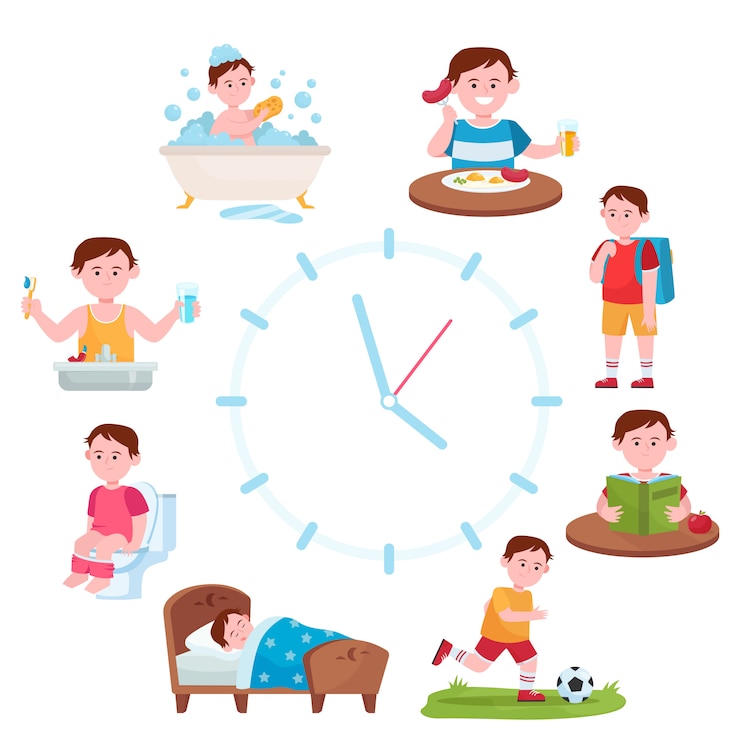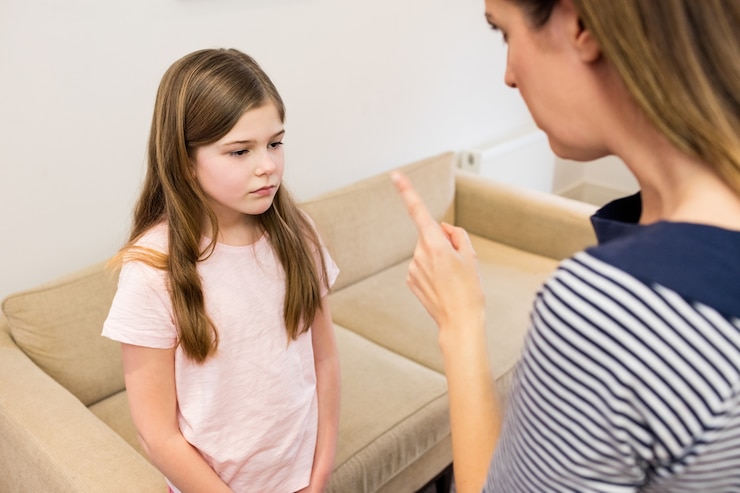
**Inside:** Parents will discover how to positively parent an aggressive child with a simple 5-step strategy to manage their child’s aggressive behaviors.
**Table of Contents**
I’m thrilled to share a snippet from Rebecca Eanes’s latest work, *The Positive Parenting Workbook*. This uplifting and engaging guide walks you through creating a path toward better emotional understanding, effective communication, and joyful parenting. Packed with encouraging prompts and plenty of space to track your progress, this interactive workbook/journal is perfect for anyone looking to strengthen relationships with loved ones and practice positive parenting.
When we see a child acting aggressively, it’s easy to label this behavior as naughty or inconsiderate. This often leads us to punish without considering what’s causing these feelings. Understanding anger management for kids involves recognizing that young children aren’t yet able to handle big emotions while thinking about their actions simultaneously. This coordination between their logical and emotional sides takes time to develop and isn’t something that can be forced.
To be a positive parent when dealing with aggression, it’s important to look beyond the aggression to what might be causing it, like frustration. Addressing this frustration, rather than punishing the aggression, can guide a child towards better behavior. Often, the ways we discipline only heighten a child’s frustration, leading to more aggression. We might think the child is simply being oppositional, when in fact, our punitive measures are exacerbating the problem.
There are several strategies to help a child manage their behavior positively while their brain matures and allows for greater self-control:
1. **Be conscious of your own behavior.** If you act aggressively when upset, your child might see this as the right way to behave.
2. **Ensure discipline doesn’t cause more anxiety or frustration.** Punishment can amplify negative emotions and lead to poor behavior. Positive discipline involves setting clear boundaries with natural consequences.
3. **Offer plenty of positive attention.** Dr. Gordon Neufeld explains that children “need more from us than they seek.” Keeping their emotional needs met can reduce frustration.
4. **Support your child when they’re upset.** Allowing them to cry helps release negative emotions.
5. **Encourage a positive self-image.** Highlight your child’s good qualities and avoid using labels like naughty or aggressive. Remember, immaturity, not bad intentions, often leads to such behavior.
6. **Help them express emotions.** Teach your child to identify feelings and express them in ways that don’t cause harm.
7. **Identify physical sensations linked to emotions.** Ask your child to draw what frustration and anger feel like in their body, and discuss these emotions together.
My “Five Steps to Solution-Oriented Discipline” can guide you in handling behavioral issues:
1. **Identify the cause of the behavior.** Consider what might be frustrating your child. This insight will direct your next step.
2. **Manage your own responses.** Parents often find their child’s aggression triggers their own. Before addressing your child, take a moment to calm yourself.
3. **Connect with your child.** This connection isn’t about rewarding bad behavior but understanding emotions. Empathy and kindness should consistently be part of your relationship.
4. **Find solutions.** Consider if the frustration can be prevented. Learn from the situation and think about your child’s needs.
5. **Rebuild the relationship.** Reinforce your child’s value and offer reassurance, showing that mistakes can be tools for learning.
These positive parenting methods will help your child develop necessary skills over time.
Learn more in Rebecca’s Workbook!
**Meet the Author:** Her latest book, *The Positive Parenting Workbook,* complements her bestselling *Positive Parenting: An Essential Guide*. Help your child develop essential life skills.
Join 30,000 other intentional parents in receiving the Parents with Confidence weekly email, and get a 5-day FREE parenting course featuring:
– Ways to protect your child’s self-esteem
– Strategies to gain your child’s cooperation
– Essential skills for your child’s future
– Techniques to discipline without causing emotional harm
**Join Us and Get My eCourse!**
*We promise not to send spam. Unsubscribe any time.*
[Built with Kit]



